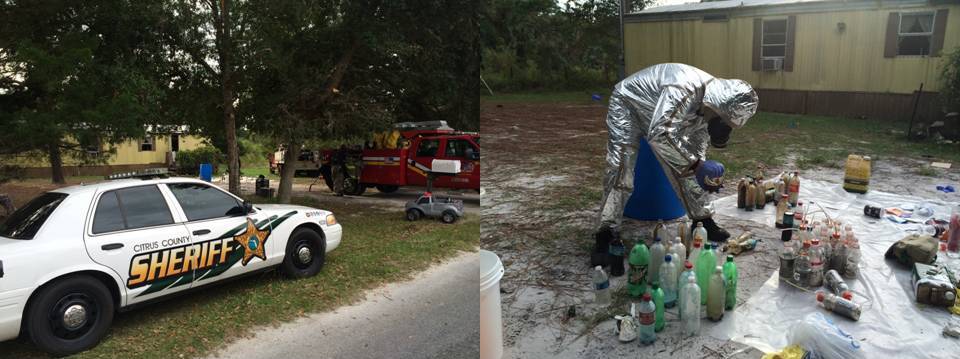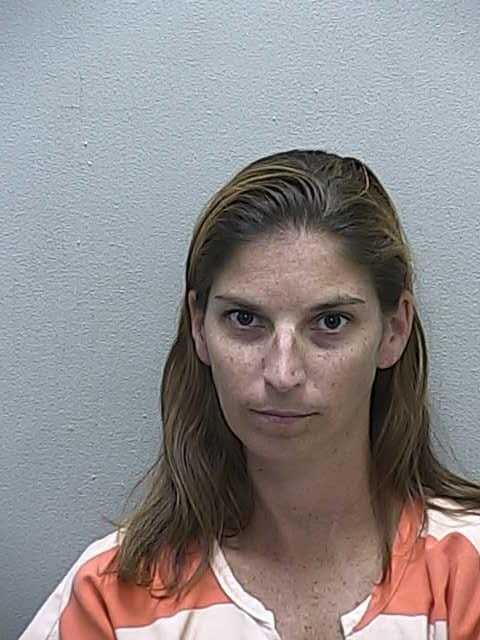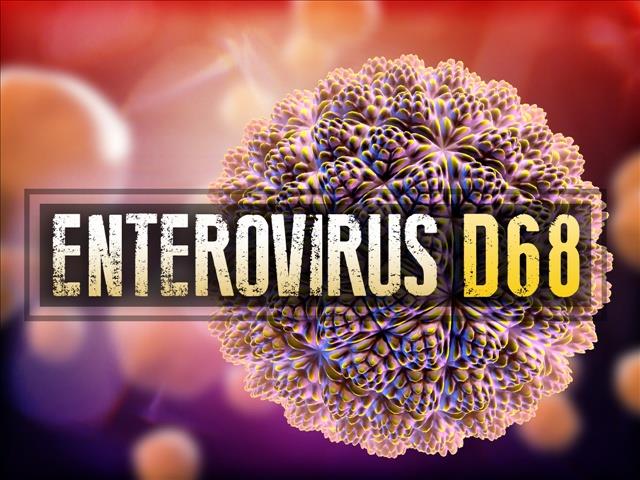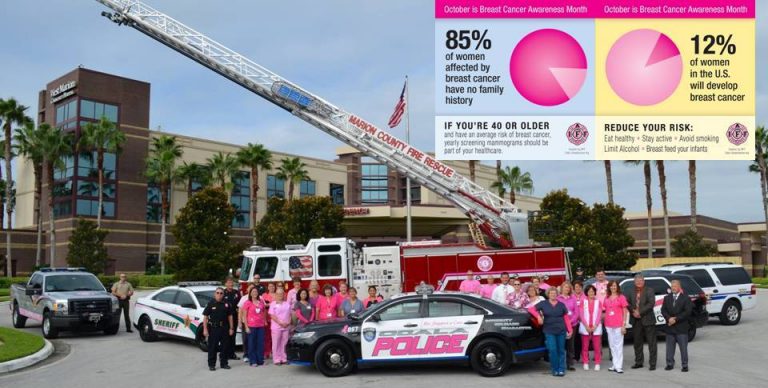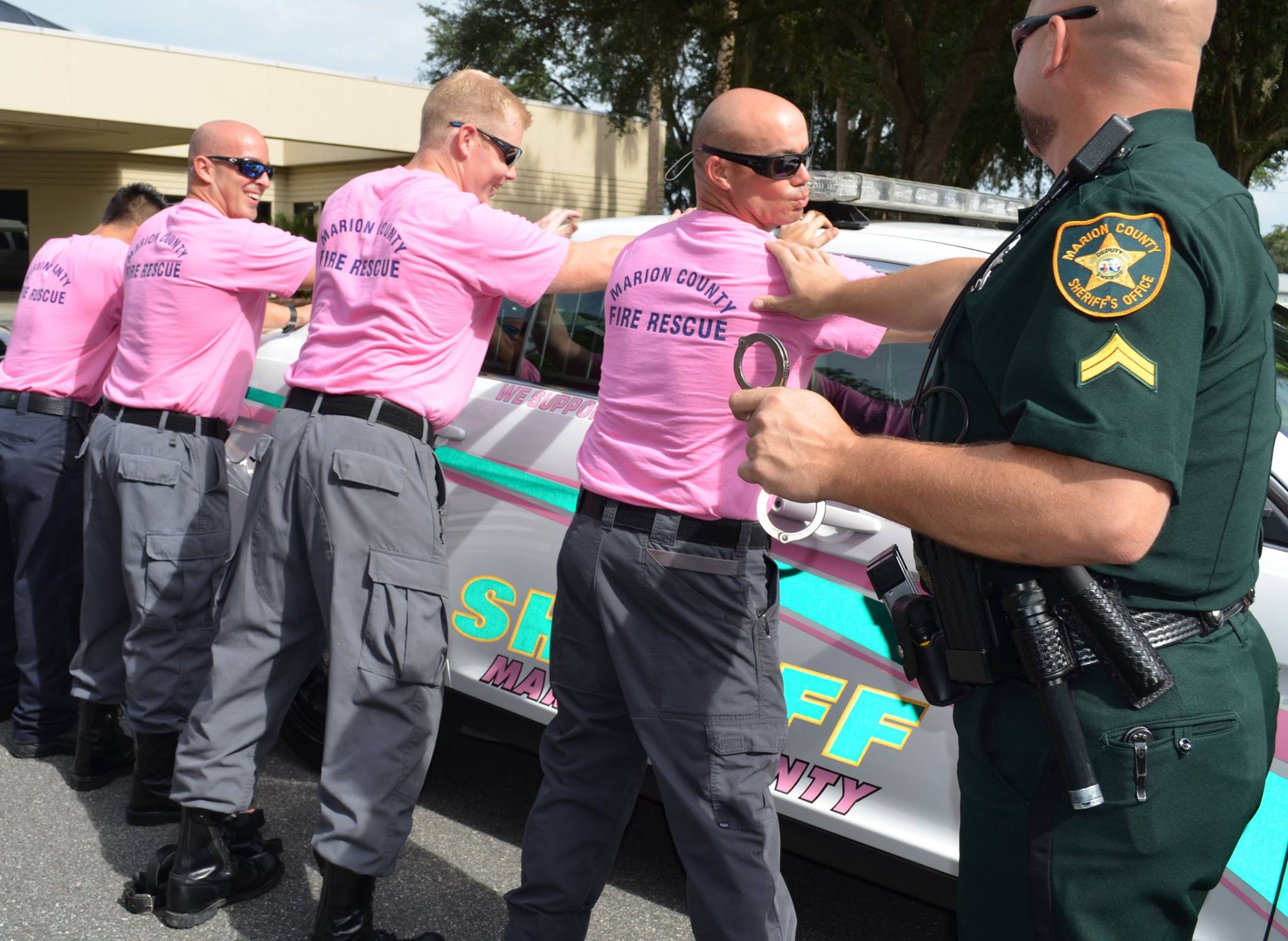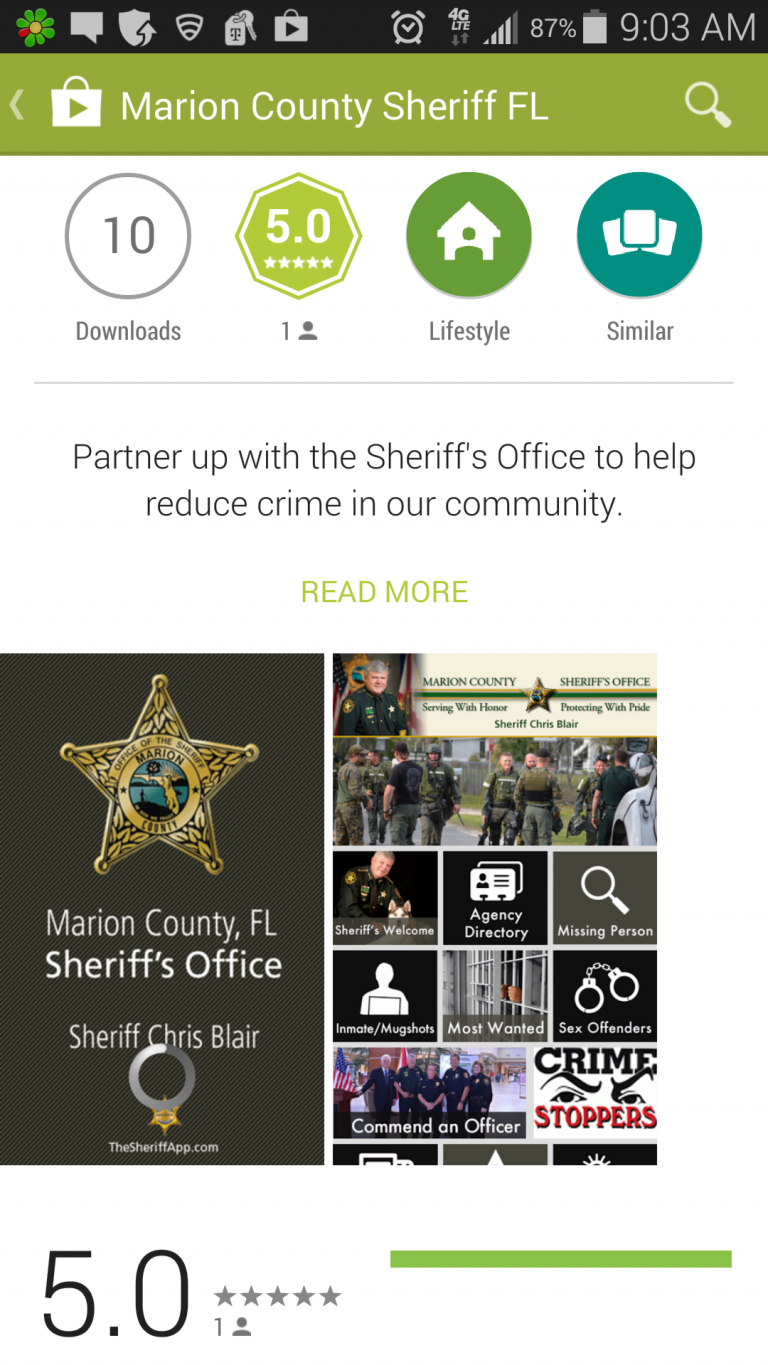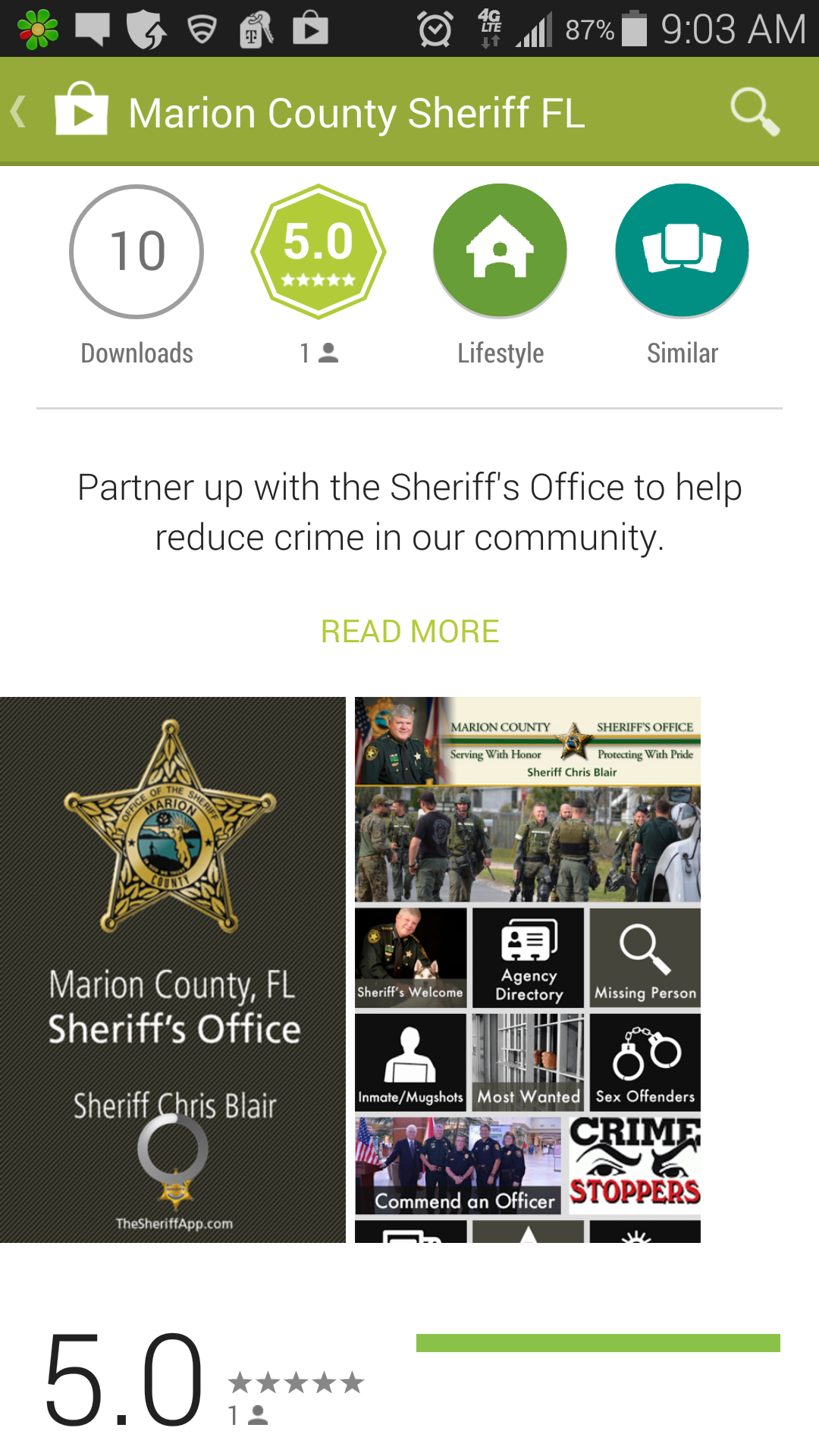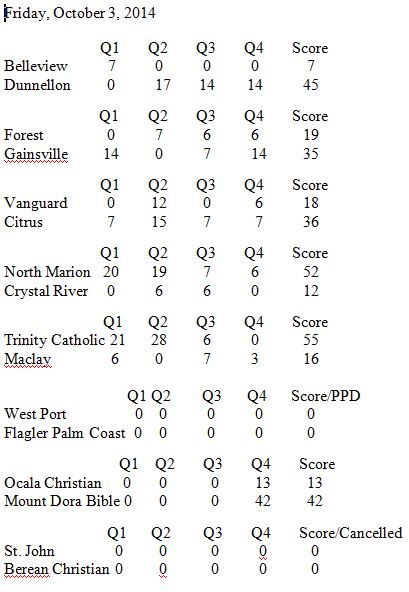
Eleven more top laws for October 1, 2014. Some of the laws cover juvenile justice, concealed weapons, elected officers, and many other need to know topics.
Some of these might affect you, your children, or help you as a citizen understand your rights.
Offenses against vulnerable persons: The bill expands the list of persons designated as vulnerable adults who can be victims of personal identification fraud to include an individual who is 60 years of age or older; a disabled adult as defined in s. 825.101, F.S.; a public servant as defined in s. 838.014, F.S.; a veteran as defined in s. 1.01, F.S.; a first responder as defined in s. 125.01045, F.S.; an individual who is employed by the State of Florida; or an individual who is employed by the Federal Government.
The bill deletes the requirement that a person use deception or intimidation to obtain or use a vulnerable adult’s funds, assets, or property in committing identity theft. The bill specifies that “unauthorized appropriation” occurs when a vulnerable adult does not receive reasonably equivalent financial value in goods or services or when fiduciaries violate specified duties.
The bill amends s. 825.103(1), F.S., to create additional instances that constitute exploitation of a vulnerable adult including the misappropriation, misuse or transfer without authorization of monies belonging to a vulnerable adult by a caregiver or a person who stands in a position of trust and confidence with the vulnerable adult.
An Identity Theft and Fraud Grant Program is created within the Department of Law Enforcement to award grants to support local law enforcement agencies in the investigation and enforcement of personal identification information theft and fraud.
The bill requires courts to impose a surcharge of $1,001 against a person that pleads guilty or nolo contendre to, or is found guilty of, regardless of adjudication, a violation of fraudulent use of personal identification information of a vulnerable adult. The surcharge will be distributed to the Florida Department of Law Enforcement ($500) to provide grants to local law enforcement agencies to investigate offenses related to the criminal use of personal identification information; to the State Attorneys Revenue Trust Fund ($250) for funding prosecution of offenses relating to the criminal use of personal identification information; to the Public Defenders Revenue Trust Fund ($250) for purposes of indigent criminal defense related to the criminal use of personal identification information; and to the Clerk of the Court ($1) as a service charge of the clerk’s office. The surcharge cannot be waived by the court.
Computer crimes: The bill recognizes that advancements in technology have led to an increase in the number and reach of computer related crimes. CS/CS/CS/HB 641 addresses this increase in computer crimes by expanding the application of various existing statutes addressing computer-related crimes to include electronic devices and creating additional offenses. The bill expands the entities that can bring a civil action against persons convicted of computer-related offenses and provides for exceptions to computer-related offenses for persons who act pursuant to a search warrant, an exception to a search warrant, within the scope of lawful employment or who perform authorized security operations of a government or business.
Three crimes are added to “offenses against users of computer networks and electronic devices” including:
- Audio and video surveillance of an individual without that individual’s knowledge by accessing any inherent feature or component of a computer, computer system, computer network, or electronic device without authorization;
- Intentionally interrupting the transmittal of data to or from, or gaining unauthorized access to a computer, computer system, computer network, or electronic device belonging to a mode of public or private transit;
- Endangering human life; and
- Disrupting a computer, computer system, computer network, or electronic device that affects medical equipment used in the direct administration of medical care or treatment to a person.
“Offenses against public utilities” are created in the bill and two additional crimes are created, including:
- Gaining access to a computer, computer system, computer network, or electronic device owned, operated, or used by a public utility while knowing that such access is unauthorized, a third degree felony; and
- Physically tampering with, inserting a computer contaminant into, or otherwise transmitting commands or electronic communications to a computer, computer system, computer network, or electronic device which causes a disruption in any service delivered by a public utility, a second degree felony.
Threatened use of force: The bill amends Florida’s self-defense laws in ch. 776, F.S., and the 10-20-Life sentencing law in s. 775.087, F.S.
The self-defense laws regulate a person’s right to use force in self-defense and provide that a person is immune from civil actions and criminal prosecutions for the lawful use of force. The self-defense laws in ch. 776, F.S., do not expressly regulate the use of threats of force in self-defense. This bill expressly authorizes a person to threaten the use of force in all situations in which the person may lawfully use actual force in self-defense. Additionally, the bill extends the immunity protections in existing law for the lawful use of force to a person who lawfully uses threats of force in self-defense.
In recent years, defendants have been convicted of aggravated assault for threatening to use force (e.g., displaying a firearm, firing a “warning shot,” etc.) and sentenced to mandatory minimum terms of imprisonment pursuant to the 10-20-Life law. In some cases the defendant unsuccessfully argued self-defense at an immunity hearing or trial, or both. This bill provides an exception for sentencing aggravated assault cases outside the 10-20-Life minimum mandatory terms of imprisonment if the court makes specified written findings.
The bill provides a process for a person charged with a criminal offense but found to have acted in lawful self-defense to apply to the court to expunge the record.
The bill clarifies that immunity from criminal prosecution only applies when a person has used lawful self-defense. Immunity from civil suit only applies when a civil action is brought by the person against whom the lawful force was used or threatened to be used, a personal representative, or heirs of that person.
The bill further clarifies that the person using self-defense as set forth in ch. 776, F.S., should not be engaged in a criminal activity at the time.
The bill also reorganizes the self-defense provisions in ch. 776, F.S.
Protection of public defenders: The bill expands an existing public records exemption for certain personal identification and location information of current and former public defenders, of current and former criminal conflict and civil regional counsel, and of the spouses and children of such defenders and counsel. This bill provides that the exemption also protects the names of such spouses and children.
The addition to the exemption is subject to the Open Government Sunset Review Act and will repeal on October 2, 2019, unless reviewed and saved from repeal by the Legislature. The bill also clarifies the existing, general Open Government Sunset Review Act repeal date for agency personnel public records exemptions.
The bill contains a statement of public necessity as required by the Florida Constitution.
Traveling across county lines to commit a felony: The bill creates s. 843.22, F.S., which provides that if a person who commits a burglary travels any distance with the intent to commit the burglary in a county in this state other than the person’s county of residence, the degree of the burglary shall be reclassified to the next higher degree if the purpose of the person’s travel is to thwart law enforcement attempts to track the items stolen in the burglary.
The bill defines “county of residence” as the county within Florida in which a person resides. Evidence of a person’s county of residence includes, but is not limited to:
- The address on a person’s driver license or state identification card;
- Records of real property or mobile home ownership;
- Records of a lease agreement for residential property;
- The county in which a person’s motor vehicle is registered;
- The county in which a person is enrolled in an educational institution; and
- The county in which a person is employed.
The bill amends s. 903.046(2)(l), F.S., to prohibit those charged with traveling across county lines with the intent to commit a burglary that is reclassified under s. 843.22, F.S., from being released on bail until first appearance to ensure the full participation of the prosecutor and the protection of the public. The bill makes the crossing of a county line with the intent to commit a reclassified burglary a factor to be considered by the court when making a bail determination.
Real estate agents and property owners (Subsurface rights): The bill (Chapter 2014-34, L.O.F.) requires sellers of residential property to provide prospective purchasers with a disclosure summary at or before the execution of the contract for sale if any of the subsurface rights or right of entry are or will be severed or retained by the seller.
The bill provides that the disclosure summary must be conspicuous, in boldface type, and in a form substantially similar to the language provided in the bill. If the disclosure summary is not included in the contract for sale, the contract must refer to and incorporate by reference the disclosure summary and must include, in prominent language, a statement that the potential purchaser should not execute the contract until he or she has read the disclosure summary.
The bill defines “subsurface rights” as the rights to all minerals, mineral fuels, and other resources, including but not limited to, oil, gas, coal, oil shale, uranium, metals, and phosphate, whether or not it may be mixed with any other substance, found, or located beneath the surface of the earth.
The bill defines “seller” as a seller of real property which, at the time of sale, is zoned for residential use and where a new dwelling is being constructed, is to be constructed, or has been constructed since the last transfer of property.
Food stamp fraud (Public assistance): The bill makes it a third degree felony if the value of the public assistance fraud or identification wrongfully received, retained, misappropriated, sought, or used is of an aggregate value of $200 or more but less than $20,000 in any 12 consecutive months.
The bill creates s. 414.39(5)(c) and (d), F.S., which:
- Makes it a second degree felony if the value of the public assistance or identification wrongfully received, retained, misappropriated, sought, or used is of an aggregate value of $20,000 or more, but less than $100,000in any 12 consecutive months.
- Makes it a first degree felony if the value of the public assistance or identification wrongfully received, retained, misappropriated, sought, or used is of an aggregate value of $100,000 or morein any 12 consecutive months.
The bill requires the Department of Children and Families (DCF) or the director of DCF’s Office of Public Benefits Integrity, to pay a reward to a person who furnishes and reports original information relating to a violation of the state’s public assistance fraud laws, unless the person declines the reward. The information and report must:
- Be made to the Department of Children and Families, the Department of Financial Services, or the Florida Department of Law Enforcement;
- Relate to criminal fraud upon public assistance program funds or a criminal violation of public assistance fraud laws by another person; and
- Lead to the recovery of a fine, penalty, or forfeiture of property.
The reward requirement is subject to availability of funds and may not exceed 10 percent of the amount recovered or $500,000, whichever is less, in a single case. The reward must be paid from the state share of the recovery in the Federal Grants Trust Fund from moneys collected pursuant to s. 414.41, F.S. The bill specifies that a person who receives a reward is not eligible to receive funds pursuant to the Florida False Claims Act for Medicaid fraud for which the reward was received. The bill amends s. 414.095(14), F.S., to add two additional prohibitions and restrictions. The first prohibition limits the out-of-state use of temporary cash assistance (TCA) benefits to 30 consecutive days and requires termination of the TCA benefits if used out-of-state for more than 30 days. The bill directs DCF to adopt rules providing for the determination of temporary absence and a recipient’s intent to return to the state.
The second prohibition requires a parent or caretaker relative who has been disqualified due to fraud to have a protective payee designated to receive the TCA benefits for an eligible child. The requirements for designation of a protective payee are the same as provided in s. 414.065(2)(b), F.S. The bill specifies that an individual disqualified for fraud cannot be designated as a protective payee and in a two-parent household, if only one parent is disqualified, the other parent may be designated as the payee of the benefit.
Fake prescriptions: The bill revises an offense relating to unauthorized possession of a prescription form to prohibit a person from possessing a prescription form unless the form has been signed by the practitioner whose name appears printed on the form and the form is completed. This prohibition does not apply if the person in possession of the form is the practitioner, an agent or employee of the practitioner, a pharmacist, or a supplier of prescription forms who is authorized by the practitioner to possess those forms.
The bill increases the degree of the offense from a first degree misdemeanor to a third degree felony.
Concealed weapon/Students and firearms (Code of student conduct): The bill authorizes the Department of Agriculture and Consumer Services (DACS) to appoint county tax collectors to accept new and renewal concealed weapon or firearm license applications.
Under the provisions in the bill, applicant information will be electronically input and transmitted for processing to the DACS Division of Licensing (the division) in Tallahassee. Licenses will be issued by the division by mail.
The bill requires county tax collectors seeking appointment to submit a written request to the division. Upon approval of the request, the bill authorizes the division to enter into a Memorandum of Understanding (MOU) with the tax collector on behalf of the department.
All personal identifying information provided for the license or renewal that is contained in a tax collector’s records as a result of the MOU is made confidential and exempt as provided in s. 790.0601, F.S., by a related bill, CS/HB 525. This bill was actually introduced in July of 2014, and is now being utilized.
Students and firearms (Code of student conduct):The bill clarifies that students should not be disciplined for simulating a firearm or weapon while playing or wearing clothing or accessories which depict a firearm or weapon or expressing an opinion regarding Second Amendment rights. The bill defines simulating a firearm or weapon while playing to include:
- Brandishing a partially consumed pastry or other food item to simulate a firearm or weapon;
- Possessing a toy firearm or weapon which is two inches or less in overall length;
- Possessing a toy firearm or weapon made of plastic snap-together building blocks;
- Using a finger or hand to simulate a firearm or weapon;
- Vocalizing sounds of an imaginary firearm or weapon;
- Drawing a picture of, or possessing an image of, a firearm or weapon; or
- Using a pencil, pen, or other writing or drawing utensil to simulate a firearm or weapon.
The bill preserves school board authority to discipline students when simulating a firearm or weapon substantially disrupts student learning, causes bodily harm to another person, or places another person in reasonable fear of bodily harm. Consequences imposed upon a student must be proportionate to the severity of the infraction and consistent with school board policies for similar infractions.
Disciplinary actions involving student clothing or accessories must be addressed according to the statutorily prescribed interventions for dress code violations, unless wearing the clothing item or accessory causes a substantial disruption to student learning. If it does, the infraction may be addressed in a manner that is consistent with school board policies for similar infractions.This bill went into effect the moment it was signed and is being reiterated for law enforcement agencies and education facilties that are unfamiliar with the new law.
Juvenile sentencing/justice: The bill conforms Florida law to recent United States Supreme Court decisions involving the sentencing of juvenile offenders. The bill provides that any offender who is convicted of murder that was committed before he or she was 18 years old may be sentenced to life imprisonment only after a mandatory hearing at which the judge considers certain factors relative to the offender’s age and attendant circumstances. For capital offenses, the judge must impose a minimum sentence of at least 40 years if the juvenile offender actually killed, intended to kill, or attempted to kill the victim.
The bill also provides for a judicial hearing to review the sentences of these juvenile offenders. A juvenile offender who is convicted of capital murder is entitled to a sentencing review after 25 years if he or she actually killed, intended to kill, or attempted to kill the victim, except when the offender has a prior conviction for an enumerated violent crime. A juvenile offender who is a capital murderer but who did not actually kill, intend to kill, or attempt to kill the victim is entitled to a sentencing review after 15 years.
A juvenile offender who is convicted of murder that is a life felony or a first degree felony punishable by life imprisonment is also entitled to a sentencing review after 25 years if he or she actually killed, intended to kill, or attempted to kill a victim. If the offender did not actually kill, intend to kill, or attempt to kill the victim, then he or she is entitled to a sentencing review after 15 years.
A juvenile offender who is sentenced to more than 20 years for a non-homicide offense is entitled to a sentence review hearing after 20 years and is entitled to another hearing after 30 years if not released sooner.
If the court that conducts any sentence review hearing determines that the offender has been rehabilitated and is fit to reenter society, the offender must be released with a modified sentence that requires serving a minimum term of 5 years of probation. Otherwise, the court must enter a written order stating the reasons for not modifying the sentence.
The bill amends ch. 985, F.S., which provides a framework for the juvenile justice system in Florida and delineates duties and responsibilities of the Department of Juvenile Justice (DJJ). Specifically, the bill enhances the state’s focus on serious juvenile offenders, adopts measures to reduce recidivism, and increases care of juvenile offenders in the department’s custody.
To provide an increased focus on serious cases and public safety, the bill:
- Requires the DJJ to notify a law enforcement agency and the victim of a juvenile offender who has escaped or absconded while in custody during commitment;
- Grants the court jurisdiction over a juvenile sex offender under the DJJ supervision until he or she is 21 years old;
- Encourages the DJJ to develop evening-reporting centers to better support children in nonsecure detention;
- Authorizes the court to order juvenile offenders who commit technical violations of probation into an alternative consequence program; and
- Waives fingerprinting requirements for children committing offenses that may only result in a civil citation.
To reduce recidivism through recognizing the special needs of children and the need for transitional services, the bill:
- Authorizes intake personnel to incorporate mental health, substance abuse, and psychosexual evaluations as part of the intake process;
- Establishes trauma-informed care as part of the DJJ model;
- Encourages placement of children in their home communities to facilitate family and community support;
- Enhances the transition-to-adult services offered and lifts the age restriction of youth clients eligible for service; and
- Requires the DJJ to focus on prevention services through providing academic and community support for at-risk youth.
To improve care to juveniles in the residential custody of the DJJ, the bill:
- Combines the commitment levels of low-risk and moderate-risk residential commitments into the newly-designated nonsecure residential commitment level and caps the number of beds authorized per facility at 90 beds, rather than the current cap of 165 beds;
- Creates a criminal offense of willful and malicious neglect, punishable as a third degree felony if the employee’s lack of care does not result in harm to the juvenile offender in DJJ custody and as a second degree felony if great bodily harm results; and
- Allows for prosecution under the new criminal offense for any victim in commitment care, not just children under the age of 18.
To increase performance accountability, the bill requires the DJJ to adopt a system to measure performance based on recidivism rates of providers and programs, and to annually report findings to the Legislature.
The bill codifies a provision found in the 2013-2014 Implementing Bill for the General Appropriations Act which caps the allowable rate for hospital health services provided to juveniles at 110 percent of the Medicare allowable rate, with a cap of 125 percent in limited cases.
This bill grants the DJJ greater flexibility in the assessment process by allowing a DJJ employee other than a juvenile probation officer to participate in intake, screenings, and assessments.
These provisions went into effect July 1, 2014, with the exception of the newly created willful and malicious neglect offense, which takes effect October 1, 2014.
Elected municipal officers and employees (Ethics):This bill amends the Code of Ethics for Public Officers and Employees as follows:
- Provides that, beginning January 1, 2015, all elected municipal officers are required to complete four hours of training covering the ethics laws, public records laws, and open meetings laws;
- Clarifies that those subject to the ethics training requirement that take office prior to March 31, must complete the ethics training during that calendar year; while those who take office after that date do not have to complete the annual ethics training until the next calendar year;
- Requires those subject to the ethics training requirement to certify that they have completed the training on their annual financial disclosure form; and provides that failure to do so is not “immaterial, inconsequential, or de minimis;”
- Amends the financial disclosure statutes to require the Commission on Ethics to initiate an investigation of any financial disclosure filer who has accrued the maximum automatic fine and has failed to file their financial disclosure;
- If the Commission determines that the failure to file was willful, it is required to enter an order recommending removal of executive, county and municipal officers; in the case of a legislator the Commission may enter such an order if requested by the committee to which the matter was referred by the presiding officer;
- Specifies that the Division of Elections is only required to forward a copy of a candidate’s financial disclosure to the Commission if that candidate is an incumbent;
- Requires Citizen Support Organizations and Direct Support Organizations to adopt a code of ethics, which must be conspicuously posted on the organization’s website, and specifies some of the contents of that code of ethics;
- Prohibits a person from lobbying before a water management district until they have registered as a lobbyist;
- Permits a water management district to create its own lobbyist registration form or adopt the state executive branch or legislative branch lobbyist registration forms;
- Allows a water management district to adopt a lobbyist registration fee of up to $40;
- Provides the Commission on Ethics jurisdiction to hear complaints against lobbyists of water management districts; and give the Governor authority to enforce the Commission’s findings; and
- Permits the water management to adopt rules to establish procedures, adopt forms, and set the lobbyist registration fees.
The bill also provides that state, county, and municipal officers may abstain from voting when presented with a conflict of interest established in an additional or more stringent standard of conduct adopted pursuant to s. 112.326, F.S. The disclosure requirement is satisfied by compliance with the agency, county, or municipal disclosure requirement. The bill also provides that a member of a board may abstain to assure a fair proceeding that is free from potential bias or prejudice.
Finally, the bill establishes a code of ethics for the Miami-Dade Expressway Authority which:
- Prohibits representing a person or entity for compensation before the Expressway Authority for two years after the end of service;
- Prohibits employment in connection with a contract under certain conditions;
- Provides that the General Counsel of the Expressway Authority is the Ethics Officer;
- Requires the Ethics Officer to review and update the Authority’s code of ethics biennially;
- Requires certain additional disclosures;
- Prohibits executive branch lobbyists, Authority employees, and consultants from serving on the Authority’s Board of Directors; and
- Provides that violations of the additional statutory standards of conduct carry the same punishment as violations of the state Code of Ethics for Public Officers and Employees.
The aforementioned information was provided to Ocala Post by the Florida Senate.












